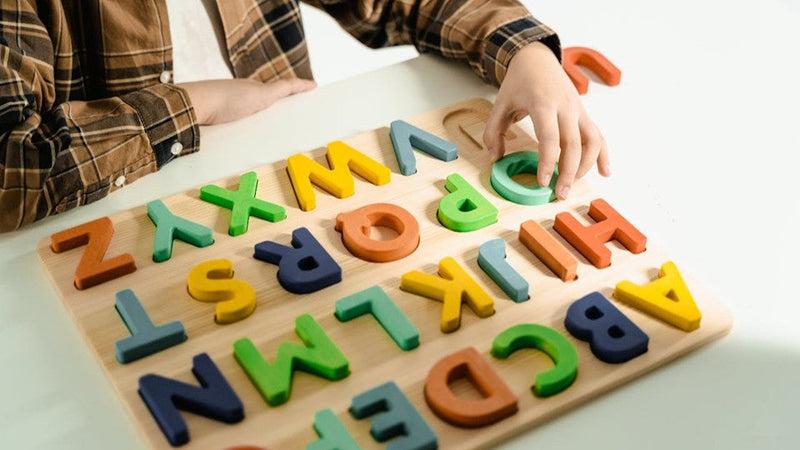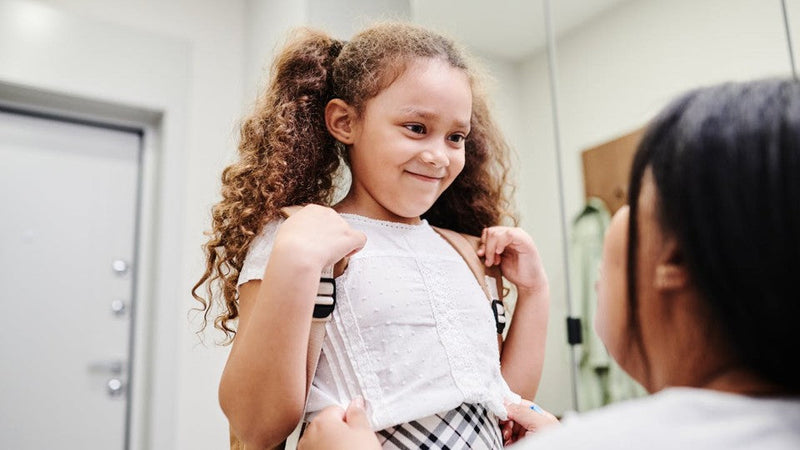

Why Play Is the Most Powerful Way for Young Kids to Learn
When we think of learning, we often picture desks, worksheets, and quiet classrooms. But for young children, learning looks very different—it looks like play! Whether they’re stacking blocks, dressing up like a firefighter, or pretending their couch is a rocket ship, your child is learning valuable skills through every playful moment.
In fact, play is one of the most important ways young kids develop socially, emotionally, physically, and cognitively. Here’s why learning through play matters—and how you can support it at home.
1. Play Builds Problem-Solving and Critical Thinking
When a tower of blocks falls, or a puzzle piece doesn’t fit, kids are faced with a challenge—and they want to figure it out. Through trial and error, they learn to solve problems, think creatively, and make decisions.
- Play = practice for real-world thinking. Whether it’s building, sorting, or role-playing, children are constantly testing ideas and adjusting as they go.
2. Play Develops Language and Communication
Pretend play is full of conversation—whether it’s between kids or their stuffed animals! Children learn to express themselves, ask questions, and use new vocabulary as they act out stories or create imaginary worlds.
- When kids play house, store, or school, they’re building early literacy and social language skills without even realizing it.
3. Play Strengthens Social and Emotional Skills
Play teaches kids how to take turns, share materials, manage emotions, and resolve conflicts. These are all essential skills for school and life!
- When kids play together, they’re learning empathy, teamwork, and self-regulation—often more effectively than from a lesson or lecture.
4. Play Supports Physical Development
From crawling and climbing to cutting with scissors or painting with a brush, play strengthens both gross and fine motor skills.
- Puzzles, Legos, and crafts help refine hand strength and coordination.
- Outdoor play builds balance, core strength, and stamina.
Movement is essential for brain development—and play provides plenty of it!
5. Play Fosters Curiosity and a Love for Learning
When kids are allowed to explore at their own pace and follow their interests, they naturally become curious, motivated learners. Play keeps learning joyful, and joy keeps kids coming back for more.
- The best part? Play-based learning helps children build confidence in their abilities—because they’re in charge of their discoveries.
Conclusion
Play isn’t just “something kids do”—it’s how they learn best. From emotional growth to early math and literacy, every playful moment builds a foundation for future learning and success. So next time your child turns a cardboard box into a rocket ship or uses a banana as a phone… celebrate it. They’re learning, growing, and developing right before your eyes.















